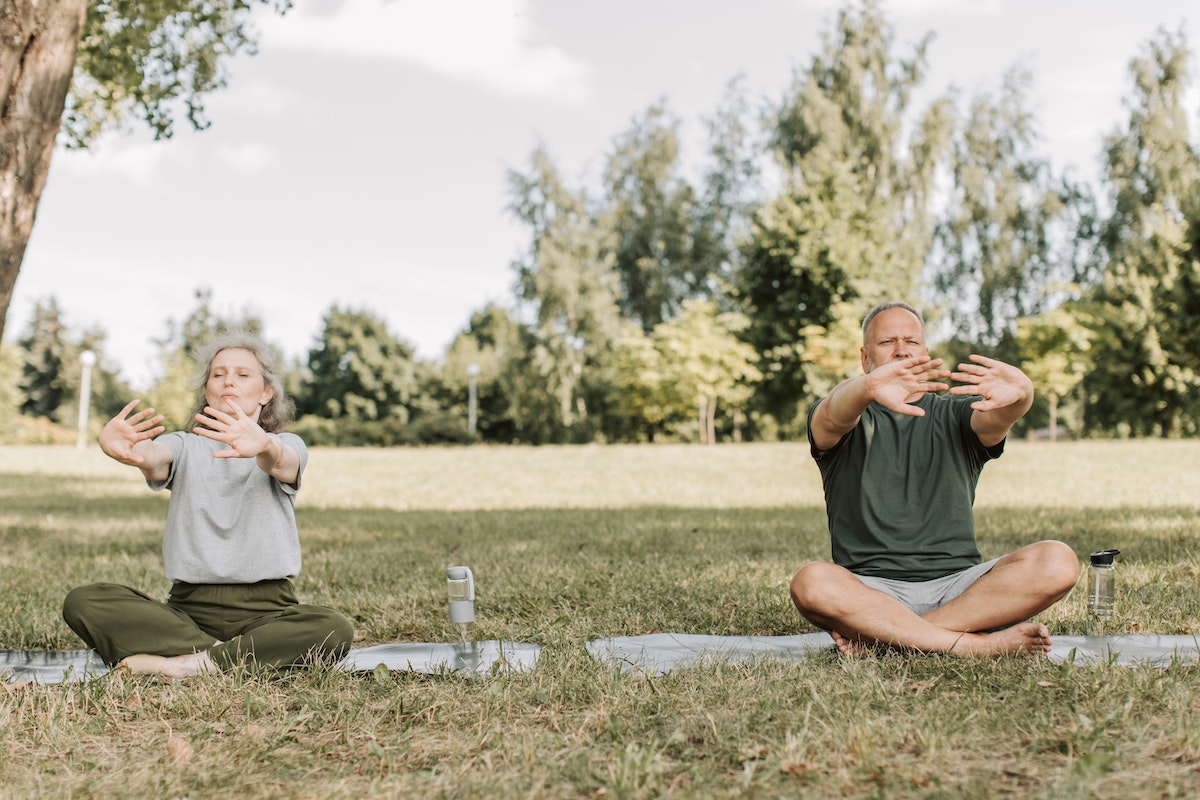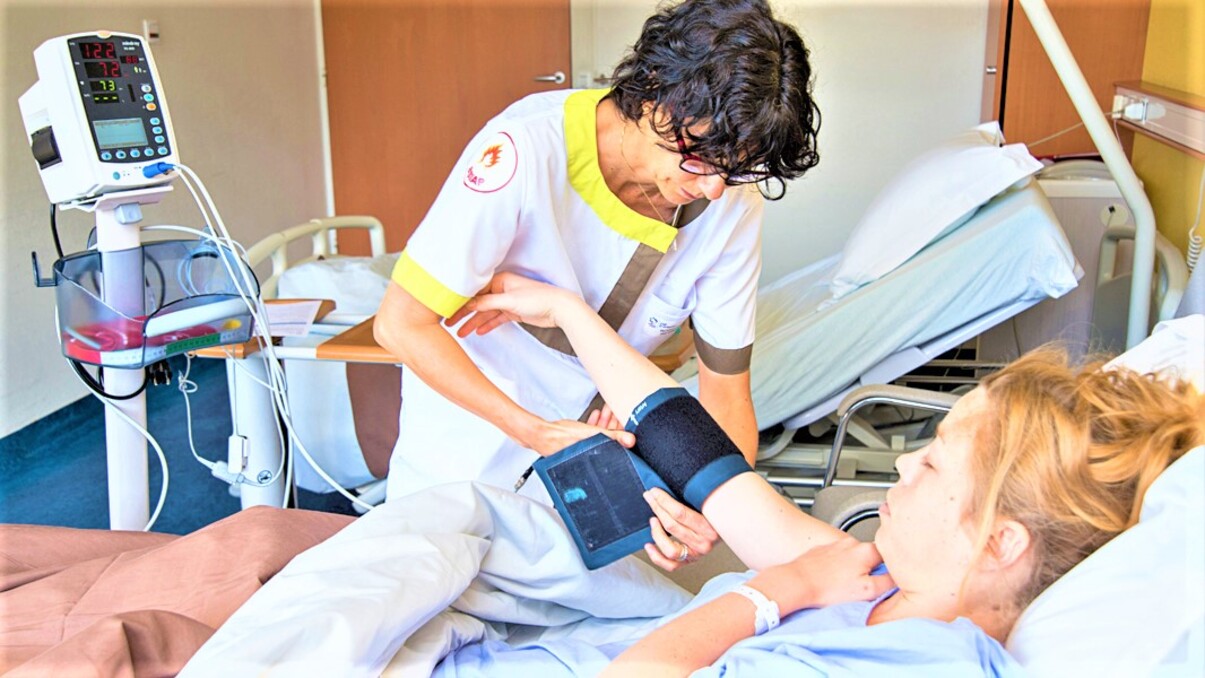Feeling exhausted and struggling with stress symptoms? You’re not alone! Fatigue and exhaustion are common issues that many of us face, but there are steps you can take to reduce their impact. In this blog post, we’ll explore five tips to help combat fatigue and stress symptoms so you can regain your energy and live life to the fullest. Keep reading to learn more about how to reduce fatigue and exhaustion and make stress symptoms a thing of the past.
-
Get enough sleep

Getting enough sleep is one of the best ways to reduce stress symptoms, reduce fatigue and exhaustion. Our bodies require sufficient rest in order to recharge and regenerate. This can help us to handle stress better and also increases our energy levels. It’s important to make sure you get an adequate amount of sleep every night, which can range from 7 to 8 hours depending on the individual. Additionally, try to go to bed and wake up at the same time each day, as this will help to regulate your body’s internal clock. If you are having trouble sleeping, consider using natural sleep aids such as lavender, chamomile tea, or melatonin. Taking these steps can help reduce stress symptoms, reduce fatigue and exhaustion, and improve overall health and wellbeing.
-
Eat a healthy diet

A healthy diet is an essential part of reducing stress symptoms, fatigue, and exhaustion. Eating a balanced diet with plenty of fruits and vegetables will provide your body with the necessary nutrients it needs to fight off stress. Additionally, eating a balanced diet can help reduce stress hormones in your body and keep you energized throughout the day. Eating nutrient-rich foods such as fish, lean proteins, whole grains, and healthy fats will ensure your body has the fuel it needs to fight off stress and stay energized. Making sure to incorporate these foods into your daily meals is a great way to reduce stress symptoms, fatigue, and exhaustion.
-
Exercise regularly

Exercise is one of the best ways to reduce stress symptoms, reduce fatigue and exhaustion. Not only does it help to burn off energy, but it also releases endorphins in your body which can provide a natural boost to your mood. Aim for at least thirty minutes of physical activity per day, such as jogging, running, swimming, biking, or walking. Regular exercise can help reduce cortisol levels and can also be used as a way to manage anxiety. Additionally, taking regular breaks from your daily routine for even just a few minutes to get some physical activity can go a long way in helping reduce fatigue and exhaustion.
-
Take breaks during the day

Taking breaks throughout the day is an important part of reducing stress symptoms, fatigue and exhaustion. When you feel overwhelmed or overworked, it’s important to take a few moments to relax and regroup. Even just five minutes of relaxation can make a big difference in helping reduce stress symptoms, fatigue and exhaustion.
During your break, try some simple relaxation techniques such as taking deep breaths, focusing on something pleasant, or doing some light stretching. You could also take a short walk or listen to some calming music. Breaks can also be used to get away from your desk and work environment. Taking a short break outside can help clear your head and recharge your batteries.
If you are feeling especially tired, then a longer break may be necessary. Taking a nap during your break can help reduce fatigue and exhaustion. Napping for up to 30 minutes can help restore energy levels and increase alertness.
However you choose to spend your break, be sure to focus on activities that will reduce stress symptoms, fatigue and exhaustion. Avoid using your break to catch up on emails or other work tasks. It’s important to actually step away from work and give yourself some time to relax and recharge.
-
Practice relaxation techniques

When it comes to reducing stress symptoms, fatigue and exhaustion, one of the best things you can do is to practice relaxation techniques. Relaxation techniques help to reduce tension in the body and mind, allowing us to find a sense of calm and tranquility. Regularly practicing relaxation techniques can help to reduce stress symptoms, fatigue and exhaustion by promoting better sleep and reducing muscle tension.
There are many different relaxation techniques you can choose from, such as deep breathing exercises, progressive muscle relaxation, guided imagery and meditation. Deep breathing exercises involve focusing on your breathing and intentionally slowing down your breath, which helps to activate the body’s natural relaxation response. Progressive muscle relaxation involves tensing and then releasing different muscle groups in order to promote relaxation throughout the body. Guided imagery involves focusing on mental images or stories that create a feeling of calm and well-being. Meditation involves focusing on a single thought or mantra while letting go of distracting thoughts and sensations.
It may take some time and practice before you are able to relax using these methods, but once you do, you will begin to experience the calming effects. Try out different relaxation techniques to find the one that works best for you, and don’t be afraid to experiment with different methods. Make sure to give yourself time to practice regularly, as this will help you to reap the benefits of relaxation more quickly.






